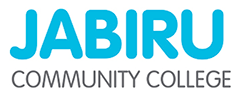What is JCC’s Purpose?
To be a safe and creative learning community where young people from diverse backgrounds can take up their human right to a 21st Century education. At JCC we believe that a quality education nurtures lifelong learning. Our learners practice and improve their lifelong learning skills so they can build meaningful lives for themselves and others.
JCC strives for this outcome by building a safe community where diversity is respected and appreciated. Our learning is driven by curiosity, expanded through reflection, and maintained through perseverance. We believe that powerful, transferable learning happens, when learners are enabled to explore their passions and interests with others, and develop their personal agency.
This is our purpose.

